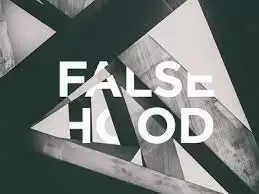Malicious falsehood - Meaning, Essentials, Defense, and Example

Malicious falsehood is a false statement made maliciously that causes damage to the claimant. Malicious in this case means the defendant either knew the statement was not true or did not take proper care to check. It is often covered under laws regarding defamation.
Although both malicious falsehood and defamation claims deal with the publication of false statements the main difference between them is that a claimant in a malicious falsehood claim is not required to prove damage to reputation. Another advantage is that the single meaning rule does not apply to malicious falsehood claims, so there may be tactical reasons for bringing a claim in malicious falsehood rather than defamation, although damages tend to be lower.
A typical situation in which a claim for malicious falsehood arises is where one competitor makes an untrue statement about another's goods or services. A claimant needs to demonstrate that the defendant intended to publish the statements complained of and did so with improper motive or malice.
Essential elements of malicious falsehood
There are four prerequisites to prima facie establish a case of malicious falsehood (Palmer Bruyn & Parker Pty Ltd v Parsons (2001)):
- False statement: There shall be a dishonest statement concerning the claimant or his business or profession or his property
- Publication to the third party: The defendant has published a false statement to a third party
- Malice by the defendant: The statement was maliciously published with the intention of causing harm to the claimant. Malice would be proved when the defendant knew that the statements were false and the claimant will naturally face loss.
- Special damage: That the claimant suffered special damage and such damage has followed as direct and natural consequences of the defendant’s publication. In legal terms, special damages refer to actual economic damages.
Absolute privilege is a defense to malicious falsehood, but honest comment is not a defense. If the party making a statement publishes a correction quickly and realizes their error, it will go some way to reducing the prospect of a successful claim by the claimant and of being able to show malice.
